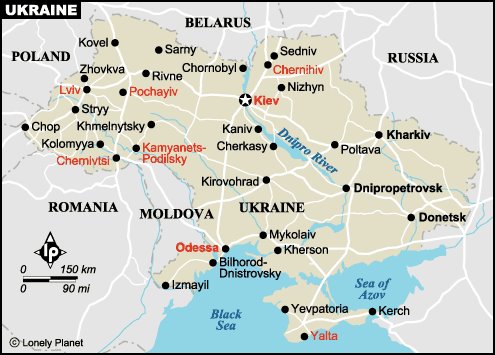This last week I completed a three days course on how to be a facilitator in the program “Against violence”. This program is not Christian in a way our organization is but it uses Christian morals to teach kids to resolve coflicts, to deal with own emotions, build healthy relationships and set life goals. The people who taught us (this is my third training this summer) are all professional facilitators who travel all over Ukraine and organize trainings for the teenagers and for the people who work with teenagers. I believe that all truth is God's truth wherever it might be found and this effective program (it has been used for about 70 years) can be used to explain to kids Christian values using different games, interactive exercises and discussions.
As I have been in the ministry working with youth and kids for a number of years I gained some experience in being a facilitator, still I realize that I have a lot to learn and a long way to go to become all God wants me to be in this area, I am very thankful for this opportunity to learn and sharpen my skills in the area of facilitating.
The next step I will take with this program is going to the orphanage in the Odessa area to have a training with the kids there. I am really looking forward to that. It should happen this month. I enjoyed becoming a part of a great team and pray for effective work and cooperation with this organization in the future.
Please pray that as I am involved in this work I would use every opportunity to glorify God by sharing the gospel with the people on the team and with the kids in my personal encounters with them.
These are someof the characteristics of an effective facilitator that I wanted to share with you:
A facilitator is, someone who is skilled at helping everyone in a group express their leadership qualities. They help things go smoothly without imposing their own ideas upon everyone else. Negotiators are skilled facilitators.
Effective facilitators are adaptive. They modify their small-group activities along critical tensions.
Effective facilitators are proactive. Before using a small-group activity, they modify it on the basis of the characteristics of the participants and the purpose of the activity.
Effective facilitators are responsive. They make modifications during the small-group activity to keep the different tensions within acceptable ranges.
Effective facilitators are resilient. They accept whatever happens during the small-group activity as valuable data and smoothly continue with the activity.
Effective facilitators are flexible. They modify their small-group activities before and during the training.








No comments:
Post a Comment